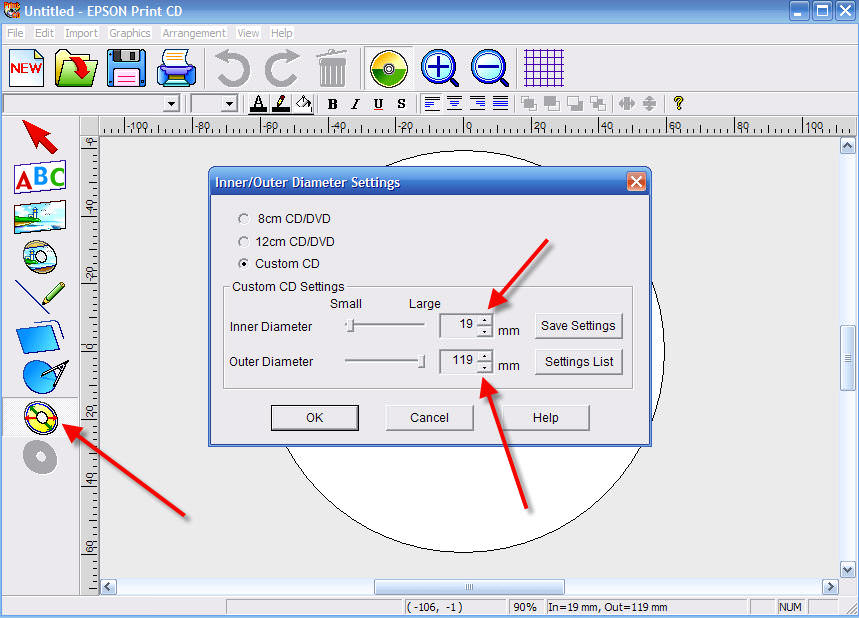There are 10 other file types using
the ALB file extension!
![]() .alb - Steinberg Cubase or VST backup song
.alb - Steinberg Cubase or VST backup song
![]() .alb - Alpha Five data dictionary
.alb - Alpha Five data dictionary
![]() .alb - Diji Album data
.alb - Diji Album data
![]() .alb - Web Easy image
.alb - Web Easy image
![]() .alb - Raduga music playlist
.alb - Raduga music playlist
![]() .alb - Alphacam laser VB macro
.alb - Alphacam laser VB macro
![]() .alb - AVSnap symbol library
.alb - AVSnap symbol library
![]() .alb - Chief Architect library
.alb - Chief Architect library
![]() .alb - Pro/DESKTOP album data
.alb - Pro/DESKTOP album data
![]() .alb - JASC Image Commander album
.alb - JASC Image Commander album
ALB file extension - Epson Print CD label data
What is alb file? How to open alb files?
File type specification:
The alb file extension is associated with the Print CD, a software for Microsoft Windows operating system, developed by Epson.
The alb file contains label data from Print CD.
Print CD is used for creating designs of CD/DVD optical media labels.
This alb file type entry was marked as obsolete and no longer supported file format.
This type of file is no longer actively used and is most likely obsolete. This is typically the case for system files in old operating systems, file types from long discontinued software, or previous versions of certain file types (like documents, projects etc.) that were replaced in higher versions of their original programs.
The default software associated to open alb file:
Company or developer:
Seiko Epson Corporation
Epson Print CD is used for designing labels for CD/DVDs, and directly print them onto the CD/DVD. It is also used to create and print the CD/DVD jackets in addition to CD/DVD labels.
List of recommended software applications associated to the .alb file extension
Recommended software programs are sorted by OS platform (Windows, macOS, Linux, iOS, Android etc.)
and possible program actions that can be done with the file: like open alb file, edit alb file, convert alb file, view alb file, play alb file etc. (if exist software for corresponding action in File-Extensions.org's database).
Unspecified and all other actions for computer programs working with alb file - Epson Print CD label data
Click on the software link for more information about Epson Print CD. Epson Print CD uses alb file type for its internal purposes and/or also by different way than common edit or open file actions (eg. to install/execute/support an application itself, to store application or user data, configure program etc.).




